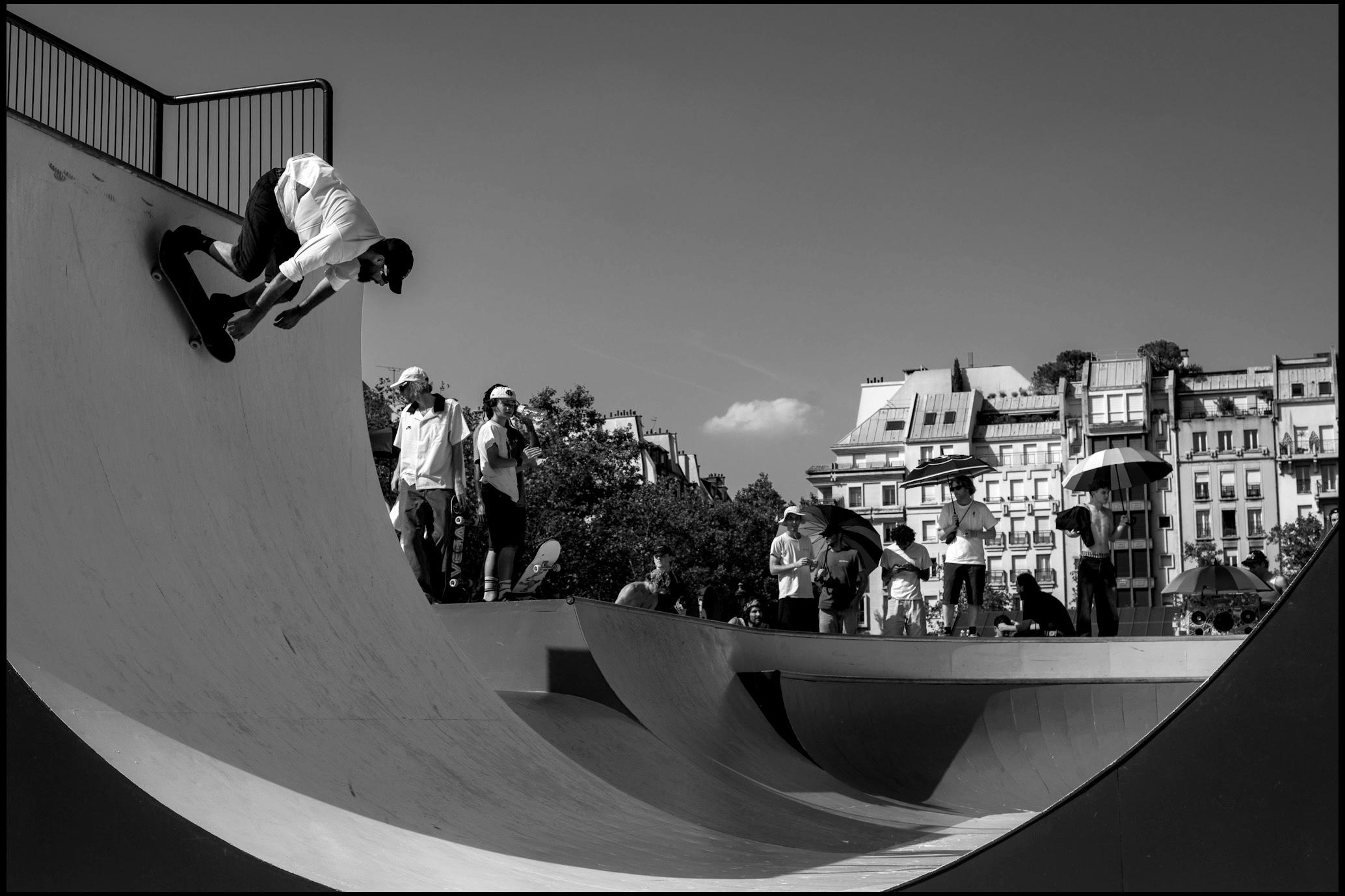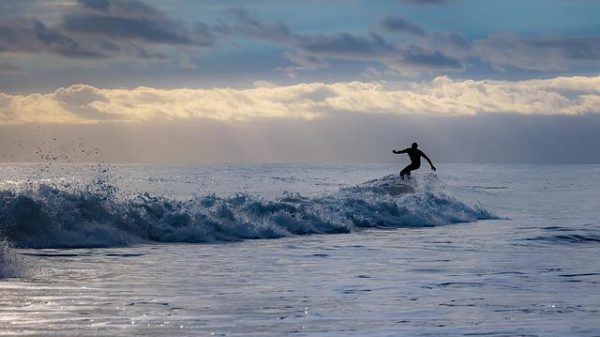In recent years, the skateboarding/” title=”The Role of Street Culture in the Growth of Skateboarding”>Olympic Games have expanded their repertoire to include sports that once thrived primarily in countercultural and niche communities, notably skateboarding and surfing. This decision has sparked a multifaceted debate regarding the implications of integrating these sports into the mainstream sporting event known for its tradition and global prestige. Advocates of this inclusion argue that the Olympics offer an unparalleled platform for these sports, potentially elevating their global profile and encouraging wider participation. Critics, however, contend that this mainstream exposure risks diluting the unique cultural ethos that has historically defined skateboarding and surfing, potentially altering their essence in pursuit of broader commercial appeal. This article explores the complex intersection of tradition and modernity, examining whether the Olympic stage enriches or erodes the cultural foundations of skateboarding and surfing. Through an authoritative analysis of the history, values, and community perspectives associated with these sports, we aim to shed light on the broader implications of their Olympic inclusion.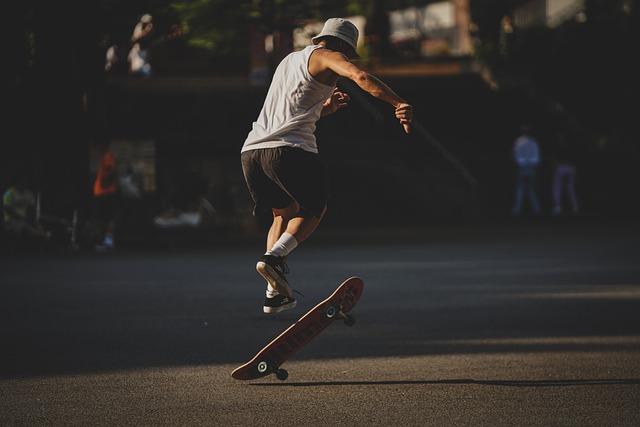
Understanding the Cultural Roots of Skateboarding and Surfing
To truly grasp the essence of skateboarding and surfing, one must delve into their rich cultural backgrounds. Both sports emerged as rebellious countercultures, providing a voice and identity for those who sought freedom from conventional societal norms. Surfing, with its roots deeply entrenched in ancient Polynesian traditions, was a spiritual practice long before it became a competitive sport. The ocean was a sacred space, and riding waves was a way to connect with nature’s powerful forces. Skateboarding, on the other hand, was born in the urban streets of California in the 1950s and 60s, an inventive offshoot of surfing itself. Skateboarding culture thrived on creativity, individuality, and a do-it-yourself ethos that challenged mainstream expectations.
- Both sports fostered communities that were inclusive and diverse.
- They served as platforms for self-expression and non-conformity.
- Icons like Tony Hawk and Duke Kahanamoku became symbols of their respective cultures.
As these sports have grown in popularity, they have undoubtedly evolved. However, the question remains whether their inclusion in the Olympic Games risks diluting their cultural essence. The Olympics, a global stage emphasizing athleticism and competition, contrasts with the laid-back, anti-establishment roots that define these sports. While the inclusion brings broader recognition and opportunities, it also challenges the core values that have made skateboarding and surfing unique cultural phenomena.
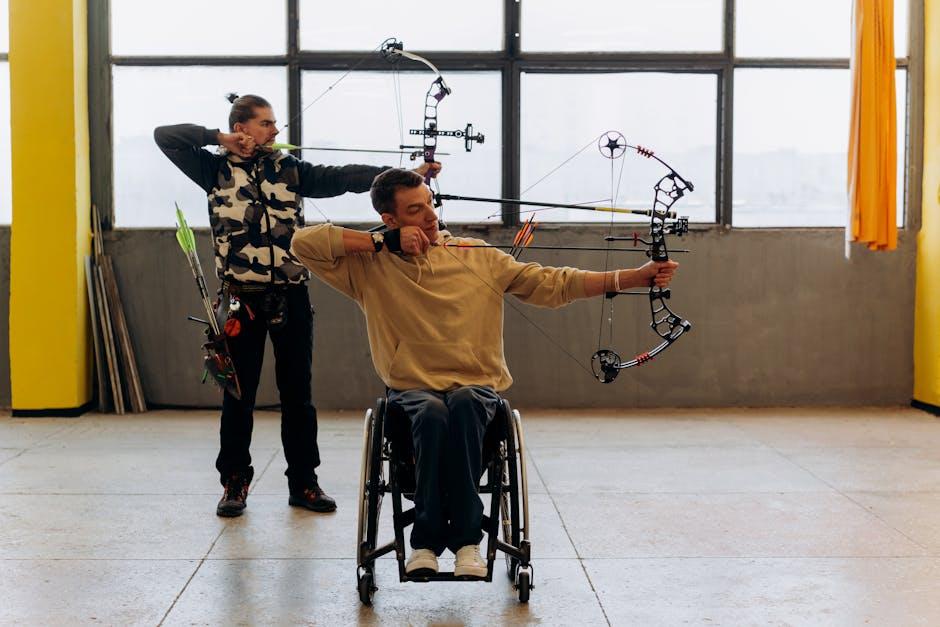
Analyzing the Impact of Olympic Inclusion on Traditional Practices
The inclusion of skateboarding and surfing in the Olympics has sparked a dynamic conversation about the transformation of these sports. Traditionally, both have thrived on the fringes, embodying a counterculture ethos that celebrates individuality, creativity, and a deep connection to their environments. Skateboarding, with its urban roots, and surfing, with its spiritual ties to nature, have cultivated distinct cultures that resist conformity. The Olympic platform, while providing global visibility and recognition, poses challenges to these intrinsic values. There’s a concern that the rigorous structures and commercialization associated with the Olympics might overshadow the authentic spirit of these sports.
Several key aspects highlight this cultural shift:
- Commercialization: With increased sponsorship and media attention, there is a risk of prioritizing profit over passion.
- Standardization: The need for universal rules and judging criteria may stifle the creativity and innovation that are core to these sports.
- Globalization: While fostering inclusivity, there is a potential for cultural dilution as local traditions and styles may be overshadowed by a homogenized global narrative.
As these sports navigate their new Olympic identity, it is crucial to strike a balance that honors their rich histories while embracing the opportunities for growth and development on the world stage.
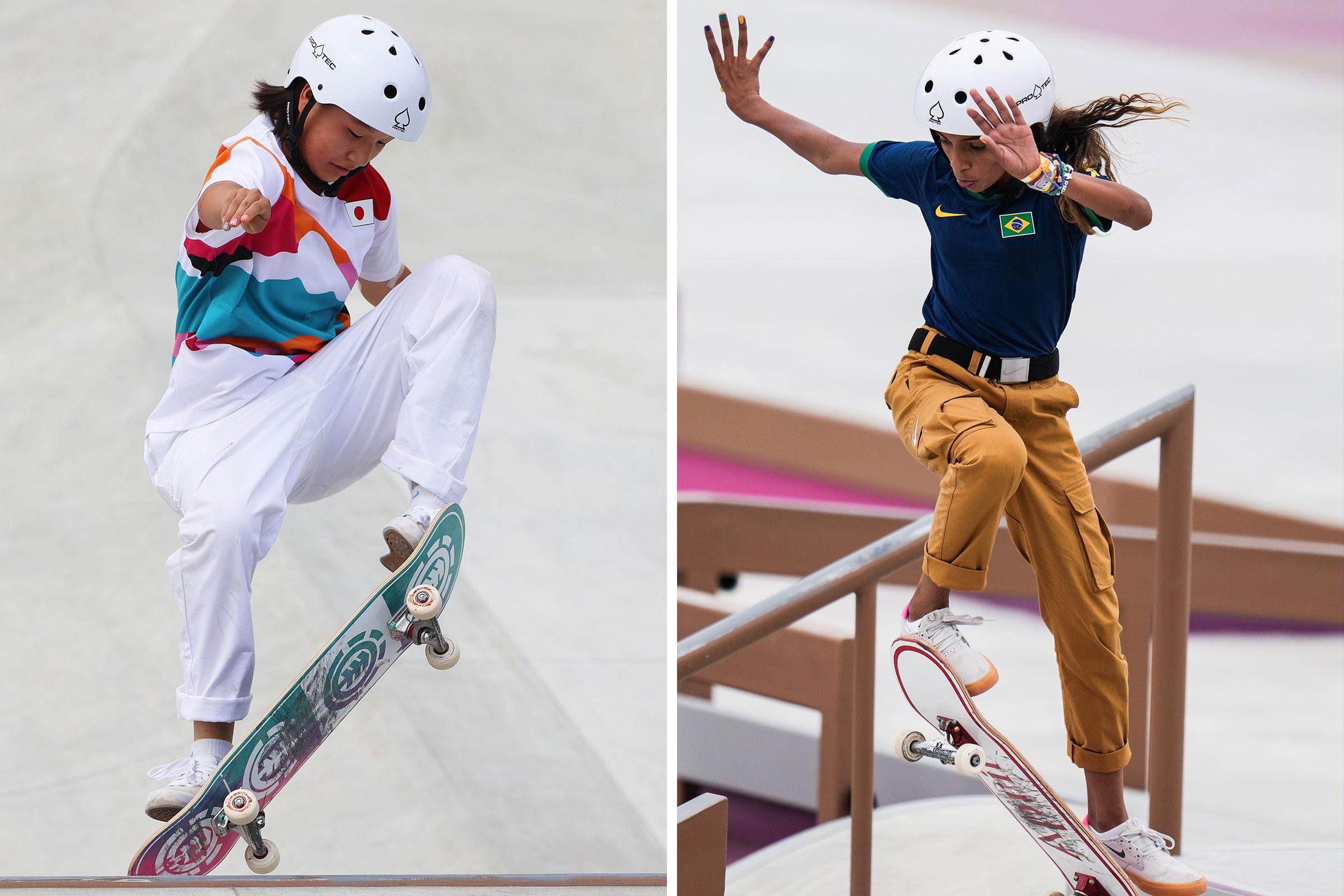
Balancing Global Exposure with Cultural Integrity
- Globalization vs. Authenticity: As skateboarding and surfing make their way onto the Olympic stage, enthusiasts and purists alike are faced with a dichotomy between the global exposure these sports are receiving and the risk of losing their cultural roots. The Olympics, with its unparalleled international platform, offers these sports a chance to reach audiences far beyond their traditional communities. However, this global exposure can lead to the commercialization and sanitization of the unique subcultures that define skateboarding and surfing, stripping away their authenticity and original ethos.
- Preservation of Identity: The inclusion of these sports in the Olympics raises questions about maintaining cultural integrity. Skateboarding and surfing have long been associated with countercultural movements, characterized by their rebellious spirit and grassroots origins. As these sports become more mainstream, there is a palpable fear that their distinct identities might be diluted. To counteract this, stakeholders within these communities are advocating for the preservation of their cultural narratives, emphasizing the importance of retaining the essence that made these sports unique. This includes safeguarding the stories, languages, and rituals that are intrinsic to their identity.
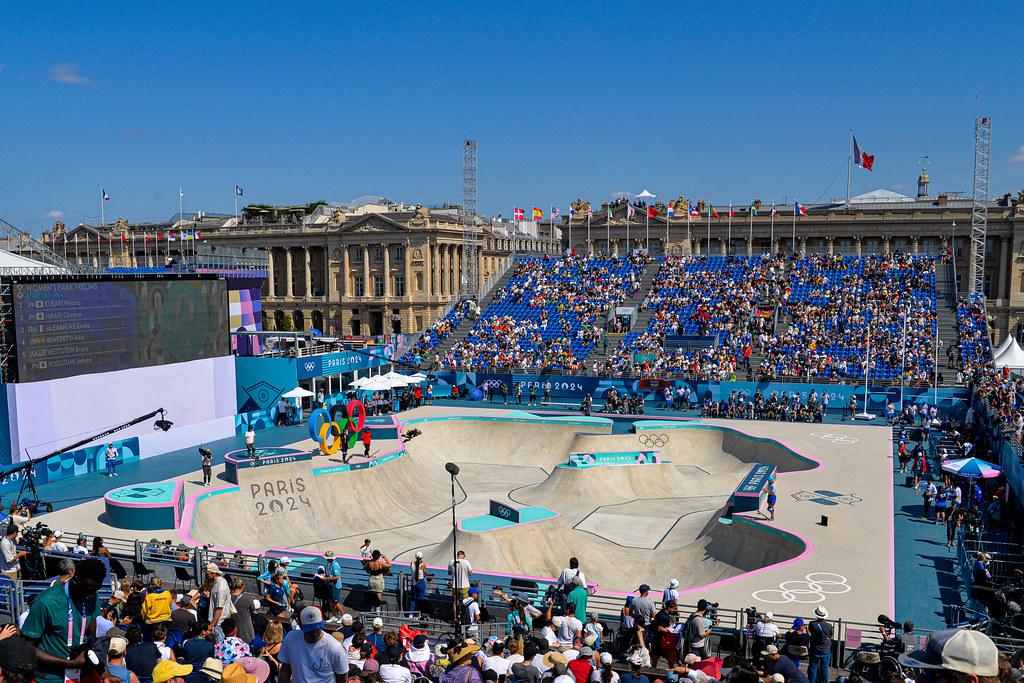
Recommendations for Preserving Authenticity in Competitive Arenas
- Respect the Origins: It is crucial for organizations like the International Olympic Committee to engage with the founding communities of skateboarding and surfing. By collaborating with pioneers and cultural custodians, the essence of these sports can be preserved while showcasing their authentic roots on a global stage.
- Ensure Diverse Representation: A concerted effort should be made to include diverse voices in decision-making processes. This involves incorporating feedback from a broad range of athletes, including those from underrepresented regions, to maintain the cultural richness and diversity inherent in these sports.
- Promote Grassroots Initiatives: Supporting local competitions and community-based events can help nurture the original spirit of skateboarding and surfing. By investing in grassroots initiatives, we ensure that these sports remain accessible and true to their origins, even as they gain global recognition.
- Preserve Storytelling Traditions: Encourage platforms that allow athletes to share their stories and experiences. This not only highlights the cultural heritage of these sports but also helps maintain their authenticity by keeping personal narratives at the forefront.
